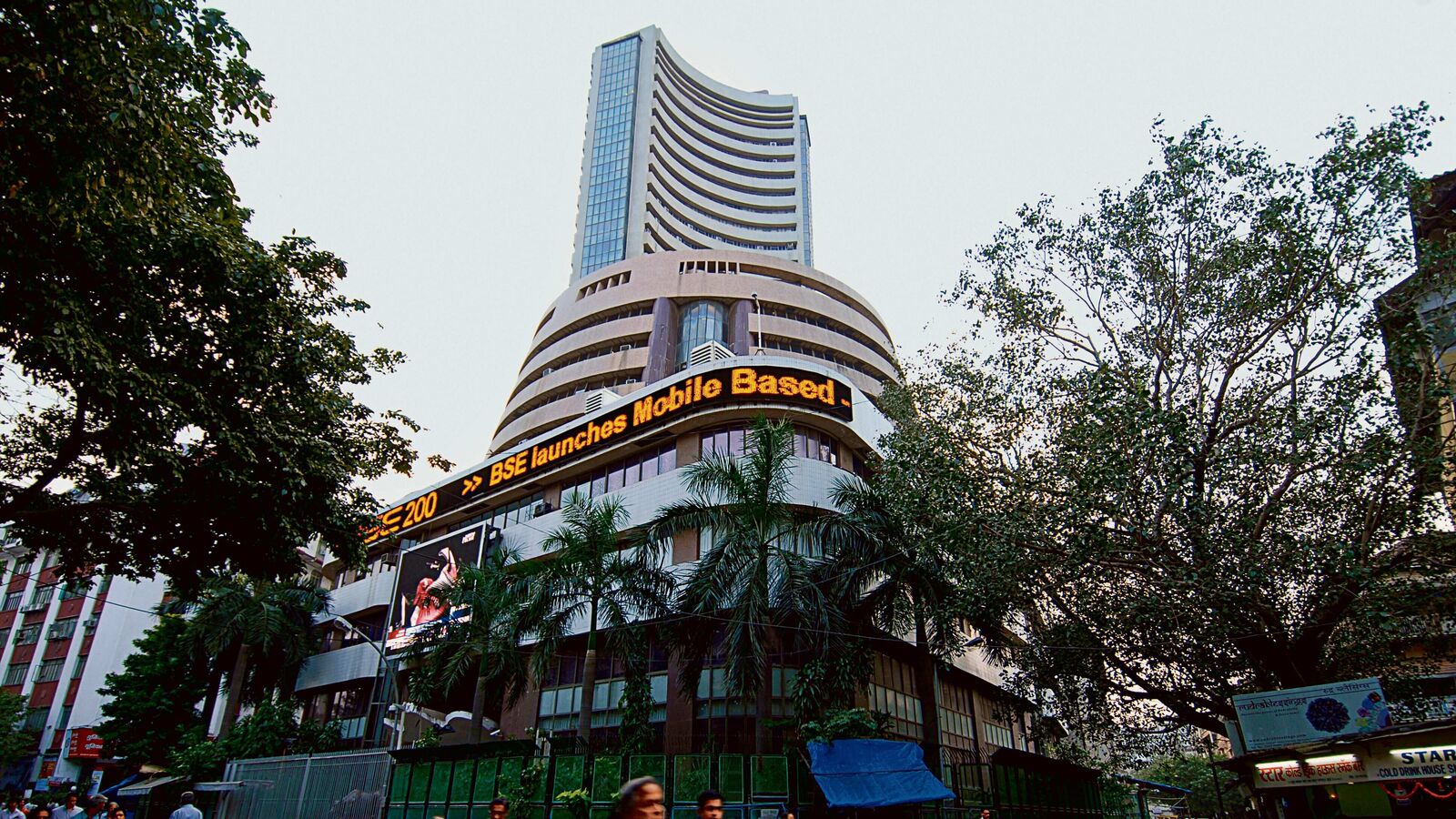MUMBAI
:
Rich and retail investors have turned bearish on index futures, the first time in nearly three months, indicating stocks trading at record levels may be close to a peak for now as tensions rise in West Asia.
On Wednesday, when the Nifty kissed a fresh high of 22775.70 points, retail and high networth individual investors (HNIs) initiated cumulative bearish bets on these index futures contracts, showed data from NSE, which groups both under the ‘Client’ category. The category turned cumulative net sellers of 16,088 Nifty and Bank Nifty futures contracts, marking a shift 84 days after remaining net buyers of these contracts. Prior to this, the category was net short 53,606 contracts on 16 January.
In recent years, Client positions on index futures have tended to signal a market top or bottom. At the top, their positions get light to negative and near bottom, they raise their bets substantially.
After the client category raised outstanding shorts to 53,606 contracts on 16 January, the Nifty fell 4% from 22032 to a low of 21137 on 24 January. Similarly, after they raised their outstanding long positions to 113,947 contracts on 30 January, Nifty rose 5.8% from 21522 to a high of 22,775.7 on 10 April. Between 17 January and 10 April, Client held the highest net long position of 113,947 contracts on 30 January, over the period under review.
The shift also signals caution, amid a potential flare-up in West Asia, which could raise energy prices, and the quarterly earnings season beginning with Tata Consultancy Services on Friday. Israel bombed part of the Iranian consulate in Damascus on Monday, killing seven military officers, after which Iran said it would retaliate at a time and place of its choosing. Most market analysts expect an attack over the weekend after Eid.
“A retributive strike over the next few days by Iran could spark a further rally in crude, which has crossed the $90 mark, strengthening the dollar and US bond yields, which could cause a pause in the Indian stock market rally,” said Chandan Taparia, SVP – head of derivatives & technical research at Motilal Oswal Financial Services. “That’s one of the key reasons retail and HNI have hedged against likely downside risk . The other is the results season getting underway which could increase the volatilty.”
Agreed U.R. Bhat, co-founder of Alphaniti Fintech, who said that a “widening scope of the war could play havoc with crude prices” which have already risen since the past few weeks from $81 to past $90 a barrel. “Markets are anticipating a retaliatory strike over the weekend after Eid, prompting Client to hedge their portfolios by going short index futures,” said Bhat.
India imports around 85% of its crude requirement, and a rise in prices could widen the current account deficit and pressure the rupee.
Client positions have been tracked closely by analysts as their clout has risen since the covid pandemic. India’s demat accounts have grown from 40.8 million in FY20 to 151.4 million in FY24, signalling the rising participation of retail in the cash market.
Increasing demat accounts have also increased retail and HNI participation on the derivatives segment of NSE, the world’s largest derivatives bourse by number of contracts. Their share as a proportion of gross turnover in equity derivatives on NSE stood at 26.3% in FY24 (April-February), second only to prop traders (59.6%) but ahead of FPIs’ share at 5.9%.
The Nifty hit highs on three consecutive sessions of 22697.3 on 8 April, 22768.4 on 9 April and 22775.7 on 10 April.
